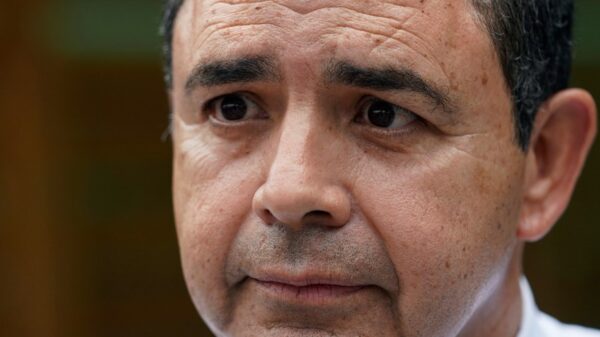BREAKING: New insights from mental health experts highlight an urgent shift in parenting techniques, emphasizing the necessity for parents to prioritize their own emotional well-being. In their newly released book, “Parents Have Feelings, Too,”, licensed clinical social worker Hilary Jacobs Hendel and psychologist Dr. Juli Fraga reveal critical strategies for parents to navigate their emotions, impacting their children’s emotional health.
Just announced, the authors stress that understanding and processing parental emotions is vital for raising emotionally resilient children. This paradigm shift challenges the traditional focus solely on children’s feelings, advocating for a balanced approach that includes parents’ emotional experiences.
The authors introduce the Change Triangle, an emotional health tool designed to help parents identify and manage six core emotions: anger, sadness, fear, disgust, joy, and excitement. Hendel states, “Emotions affect us every day and often get us into trouble, and they have huge repercussions for how we understand emotions for future generations.” This tool enables parents to validate their feelings, ultimately fostering healthier family dynamics.
As parents face the pressures of daily life, the authors highlight anger as a particularly significant emotion to confront. “Anger can implode and manifest as depression or explode in aggression,” Hendel explains. They advocate for a two-step process: experiencing anger internally and then consciously deciding how to express it constructively.
Dr. Fraga adds, “Dads also experience anxiety and shame, without even realizing it. It’s vital for fathers to acknowledge their emotions, just like mothers do.” This recognition can lead to healthier coping mechanisms and a more profound connection with their children.
The authors debunk common myths surrounding emotions, emphasizing that they are not under conscious control. “If a lion were to burst into the room, you’d run before your thinking brain could even react,” Hendel notes. This fight-or-flight response illustrates the importance of recognizing and addressing emotions for effective parenting.
The Change Triangle serves as a guide for parents, moving them from emotional distress back to calm and connected states. The framework facilitates a deeper understanding of both their feelings and those of their children, fostering secure attachments. By navigating their own emotions, parents can avoid transferring anxiety and shame onto their children, ensuring healthier emotional development.
Moreover, the authors assert the importance of experiencing joy. “If we can’t feel joy for ourselves, it’s really hard to feel it for our kids,” Fraga emphasizes. Simple practices, such as “joy seeking,” can enhance parents’ ability to savor joyful moments, leading to lower stress levels and stronger family bonds.
This revolutionary approach is timely, as the demand for emotional intelligence in parenting has never been higher. With mental health issues on the rise, understanding and managing one’s emotions is crucial for parents seeking to raise emotionally savvy children.
As families navigate the complexities of modern life, the message is clear: prioritizing emotional health is not just beneficial—it’s essential. The authors encourage all parents to embark on this journey of emotional exploration, stating, “It’s never too late to change the way you work through your emotions.”
For more insights and practical tools, readers can explore “Parents Have Feelings, Too,” available now in bookstores and online. Stay tuned for more developments in this critical conversation around emotional health and parenting.





































































